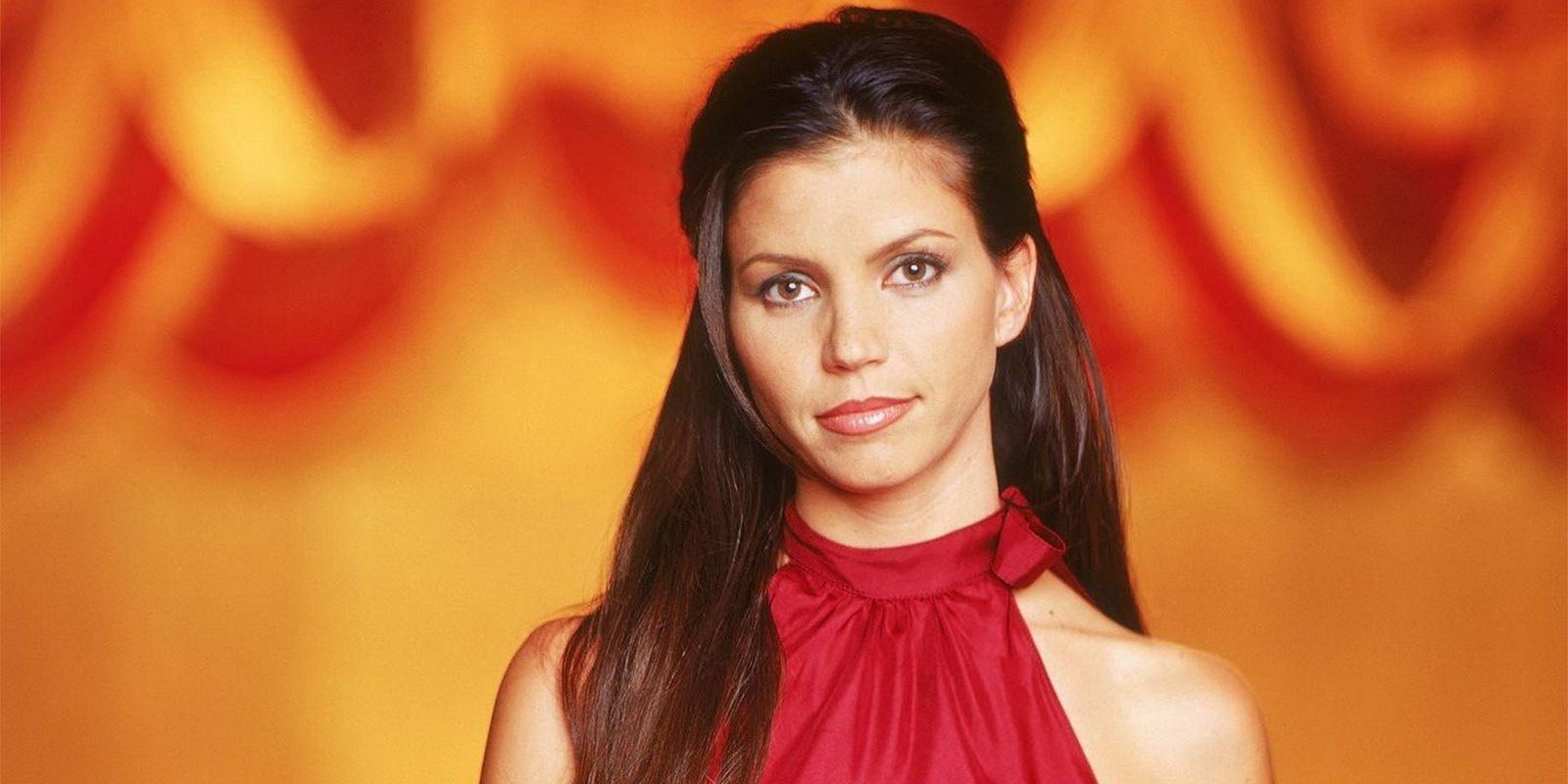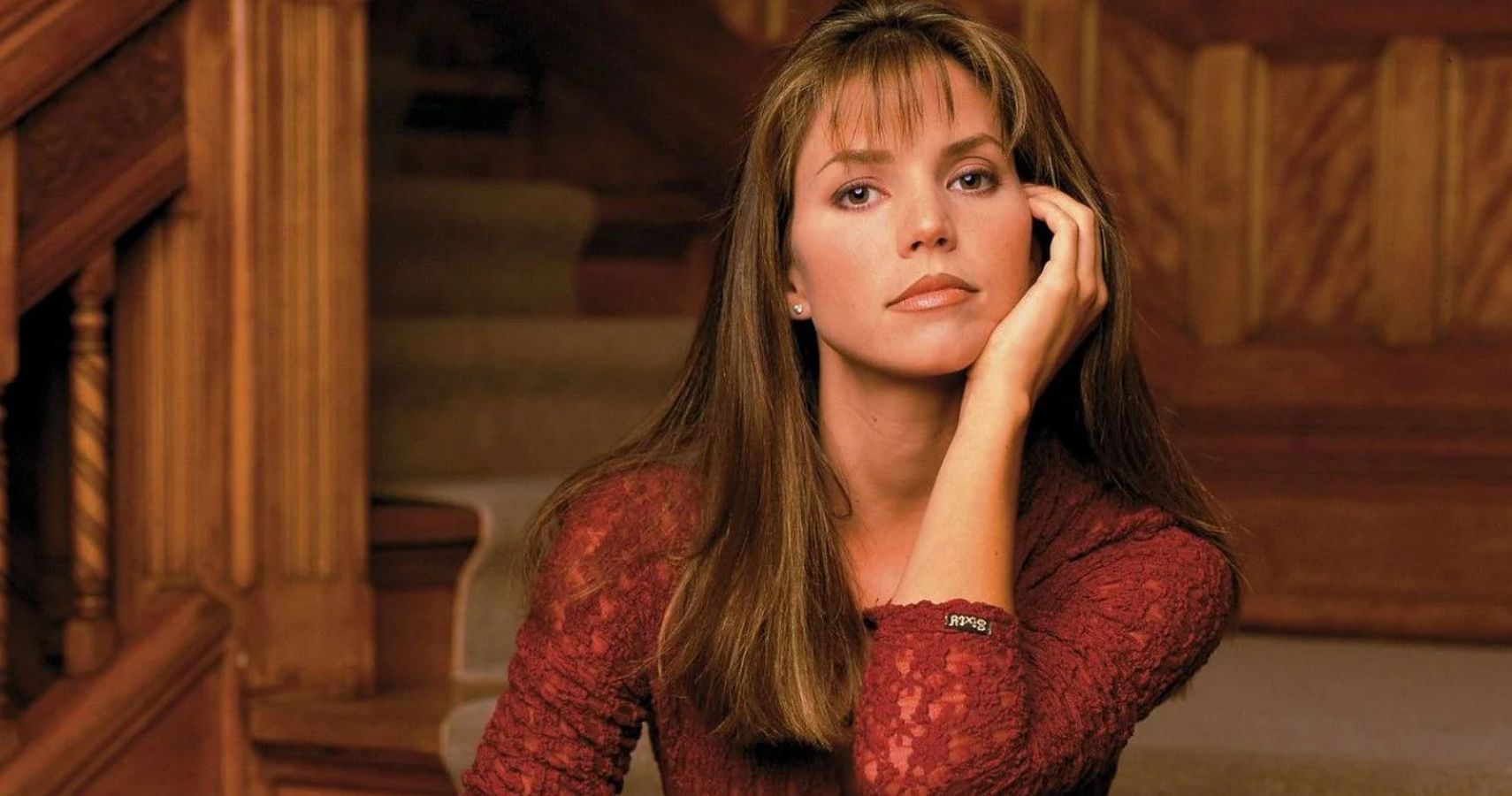The WB made Joss Whedon change his plans to choose a black actress for Cordelia Chase in Buffy the Vampire Slayer. Portrayed by Charisma Carpenter in the first three seasons of Buffy, before moving on to the spinoff Angel, Cordelia was initially a reluctant member of the Scooby Gang. After falling into an unlikely relationship with Xander in the show’s second year, Cordelia slowly began to fight side by side with the good guys. Although she was never a lead character, Cordelia grew into a fan favorite thanks to her memorable quips and believable growth into someone that could be relied upon to do the right thing. On several occasions, in fact, Cordelia was undeniably a hero.
It was Cordelia’s potential as a character that made her an ideal candidate to join David Boreanaz when he moved on to play the title character in Angel. Cordelia’s tenure on Angel would ultimately end on something of a perplexing note, with the writers admitting that they had written themselves into a corner by focusing on the largely rejected romance between Cordelia and Connor. Still, from her first lines in Buffy’s premiere episode to her touching farewell in Angel’s final season, Cordelia always made sure her presence was felt. Whedon, who is of course the creator of Buffy, was looking for a black actress for the role of Cordelia. However, the WB pushed Whedon to change his plans.
Whedon knew early on that he wanted to write a love triangle between Cordelia, Xander and Willow. To the WB, this complicated Whedon’s desire to choose a black performer to portray Cordelia. The network was reluctant to depict interracial relationships out of fear for the blowback they might receive from audiences. Rather than fight for his choice early in his tenure as a showrunner or risk abandoning his plans, Whedon relented. This was revealed by George Snyder, Whedon’s former personal assistant, in Slayers & Vampires: The Complete Uncensored, Unauthorized Oral History of Buffy & Angel by Edward Gross & Mark A. Altman. Snyder’s full quote has been included below.
“Originally, Joss was looking for a black actress for the role of Cordelia. But one of the stumbling blocks there was the way we knew Joss anticipated the relationships shifting and changing. There was some concern at the network at the time that interracial relationships would be problematic. At that point, the WB was a different kind of network. I know that came up and Joss said, 'I can’t have restraints on how I mix and match the dynamics. That’s part of the fun of the show, that Willow is in love with Xander, Xander is in love with Buffy, Cordelia can’t stand any of them yet finds herself drawn to Xander.' Joss decided it wasn’t worth fighting that fight at that particular time, but he didn’t want to be hindered in the dynamic of the shifting triangles.”
The comment is revealing and relevant on a number of levels. Buffy, like a number of series in the 1990s, has been criticized for its lack of diversity. Snyder’s words shed light on the fact that Whedon at least hoped to have one black character as a consistent presence in the early years of Buffy. On the other hand, much less positively, the network’s reaction illustrates how much progress there’s still to be made. Josh Trank, the director of Fantastic Four, recently spoke out about the pushback he received by higher-ups for wanting to hire a black actress in the role of Sue Storm.
Buffy the Vampire Slayer would eventually feature interracial romances. In season 4, Giles had a brief dalliance with Olivia Williams (Phina Oruche). By the time the final season rolled around, in 2003, there were other notable examples of it such as the pairing of Faith with Robin Wood. However, at a time when black actresses on Glee and Riverdale are speaking out about feeling sidelined on their own shows, it shows the importance of influential showrunners speaking out and pushing back against forces that are so often reluctant to be truly inclusive.


